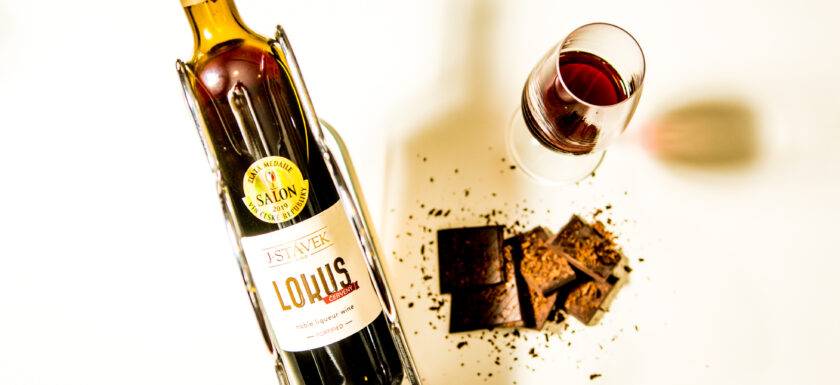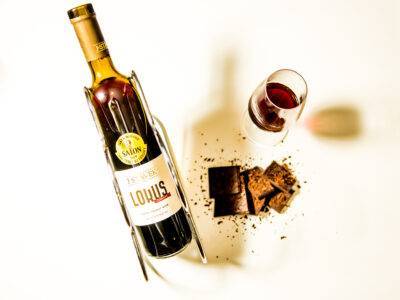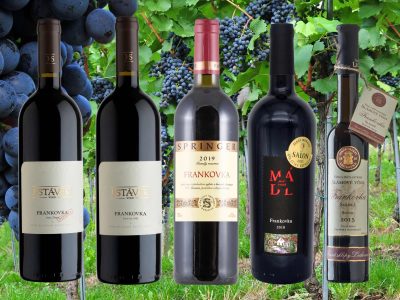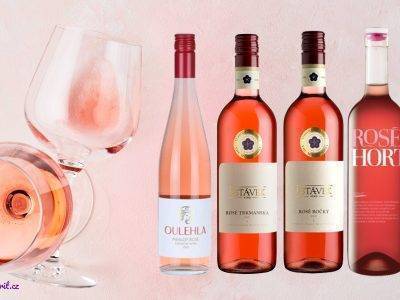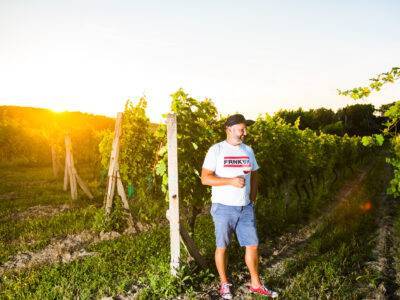Jan Stávek is a pioneer of liqueur wines produced using port technology. This is a fortification (instillation), during which a very fine aged wine distillate is added to the fermenting grape must. This stops the fermentation, leaving the rest of the natural grape sugar in the wine. The Moravian variant of port wine is full of fruitiness and freshness. J. Stávek wine belongs to three producers who are the only ones in the Czech Republic to have a license to produce these wines. In cooperation with Brno’s “Bar, který neexistuje” (“Bar that doesn’t exist” in Czech language), Jan Stávek also created the first Moravian grower’s vermouth – Sedmero, which can serve as an excellent digestif or as a great ingredient in selected cocktails.
In the past, I was very interested in the creation of fortified wines, I even wrote a book about fortified wines. As part of a grant from the Portuguese embassy, I visited the meccas of fortified wines - Portugal (Douro) and Spain (Jerez) several times.
Why did you also focus on liqueur wines?
The topic of the thesis grew into a business.
Why is it that your liqueurs, or fortified wines long considered to be among the best in Moravia?
Fortified wines in Moravia have no competition, because almost no one produces them here. Moreover, it is not technologically complicated. 80% of the effort lies in customs administration. My cellar here in Němčičky is kept as a customs warehouse. Internationally, we had a rare success at AWC Vienna, when our young – then three-year-old Juveano – won the fortified wine category, beating a 20-year-old Port and a 10-year-old Madeira. Unfortunately, it was the only major international success. I place less and less emphasis on fortified wines.
What liqueur wines do you actually make?
Our best-selling bottled wine is the classic red Lokus. From the muscat, of which I have four rows, we make Solera and Juveano white fortified wines. Solera is an aged, nutmeg-fortified wine. The last Solera is a blend of vintages 2008 – 2015. We have other barrels set up for other Soleras. On the other hand, Juveano is also a Muscat wine, but it is bottled young. We only make Solera and Juveano wines in some vintages, as well as the red Lokus Reserva. We have already stopped producing the white and rose Lokus.
What is the process of making Lokus red wine?
As with port, only everything is lighter. We already have an established uniform style. Fermentation is stopped by adding noble distillate to the fermenting must at 7-8% alcohol. Around 50-70g/l of residual unfermented sugar will remain in the wine. We use two-year-old 86% wine distillate.
